Many cricket legends refused to give me an interview because of my gender, says Zainab Abbas
"Sports is generally considered an equaliser of sorts - something that doesn't take gender, class or skin colour into account. Instead, it focuses on your talent, skills, meritocracy, where your performance in the sporting field is more important than anything else."
In her TED Talk, Pakistani sports presenter Zainab Abbas revealed what it's like to be a woman in an industry that is predominated by men. Speaking about breaking barriers, how she made it into the cricketing world and the advice she has for newcomers, the television host opened up about all the prejudice she faced as a woman with a passion for sports.
Speaking up about her own childhood, the journalist remembered how she was bullied choosing to play games such as cricket, as she grew up around five boys.
"Sports became my passion. You cannot imagine how disappointed desi parents would be to find out that their child was skipping an exam to follow an event. That's how passionate I was. The World Cup was on at that particular time and I decided to watch that, and skip my event. I even saved money during the 2009 World T-20 and decided to watch all the games. I was broke by the end, but it was all worth it."
Having graduated from England, Abbas initially thought she wanted to do a corporate job but soon realised she wasn't cut out for it.
"I faced a racist boss, I was the only brown girl in the entire department and he would pick on me on every occasion," she recalled, saying that's when she eventually quit the job, did some soul-searching, looked for her true calling and decided to follow her passion.
"I thought the sporting world would be the torch-bearer of sportsmanship, free of racism, free of prejudices - but I was quite wrong," she divulged, reflecting back on the opportunity she received from a leading news channel.
"There was a man sitting with a smirk on his face, and he asked me condescendingly, 'Reverse swing kya hoti hai?' I had a smile on my face as I knew what he was asking about. I answered politely. He was half impressed so to speak and he decided in those five minutes that he would give me an shot. That's how my journey started."
She said her incident prepared her for never giving up on her dreams, regardless of how many were laughing.
"I had no mentors to look up to. When I entered the field, people made fun of me because they believed women should not be talking about sports, shouldn't be playing sports; she has no business there."
Because she had no formal training, Abbas faced many challenges both professionally and personally.
"I am deaf from my left ear," she recalled, "And while doing a show, your ears keep you facilitated. I had my earpiece in one ear listening to the director, and supposedly your other ear is there to listen to your guests; I realised it was about multi-tasking and there was no room for any errors on live TV. You get exposed very easily."
"I broke down that day, and I still remember calling my mother and telling her I don't think I can do this job because I have this issue. But I continued to train, master my skills and somewhat learnt how to lip-read. What helped me was my knowledge and research about the subject; everything else was improvisation."
Zainab said the initial reaction she received was mixed. While they acknowledged she knew what she was talking about, many envied her.
"I had fellow journalists alleging that I was imitating their content and I soon learnt how to develop a thick skin. I realised I needed to be even more focused and ambitious to reach where I wanted."
"There was also a time many cricket legends refuse to give me an interview because of my gender," she remembered. "That has happened. I was heartbroken because as a child these were the heroes I looked up to. After a couple of years, when I had cemented my place in the industry, those same two gentleman came forward to give me an interview. That was the irony."
Abbas said the world just wasn't prepared to watch a woman taking a lead in her field that is usually guarded by men. "Remember: never let the critics bother you or allow people to get under your skin," she advised her followers.
"Finally in 2019, I was picked by the International Cricket Council to represent Pakistan at the World Cup. That was the peak of my career because nobody from Pakistan had reached that level, certainly not a woman."


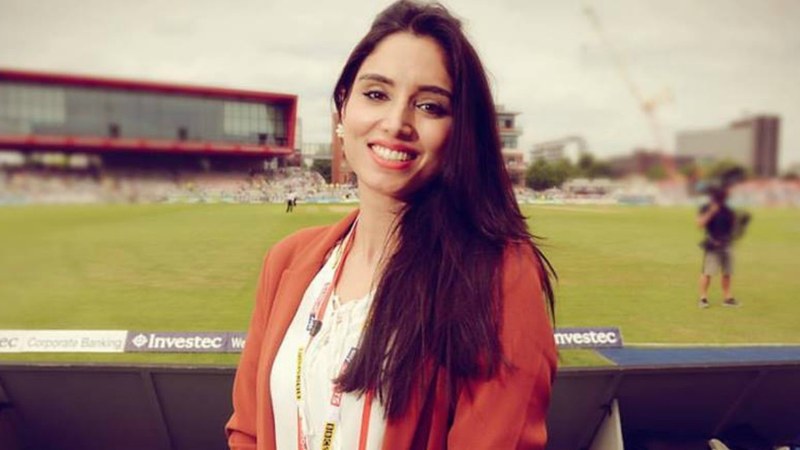


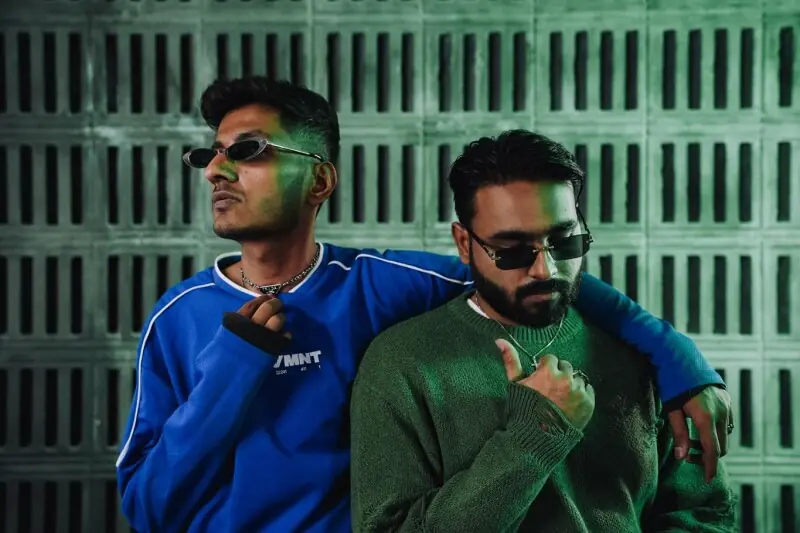
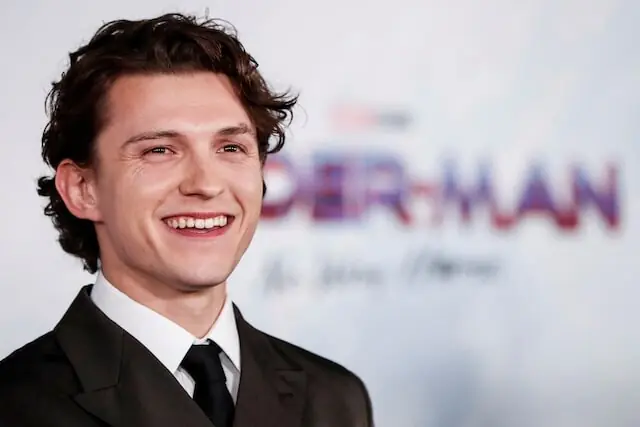
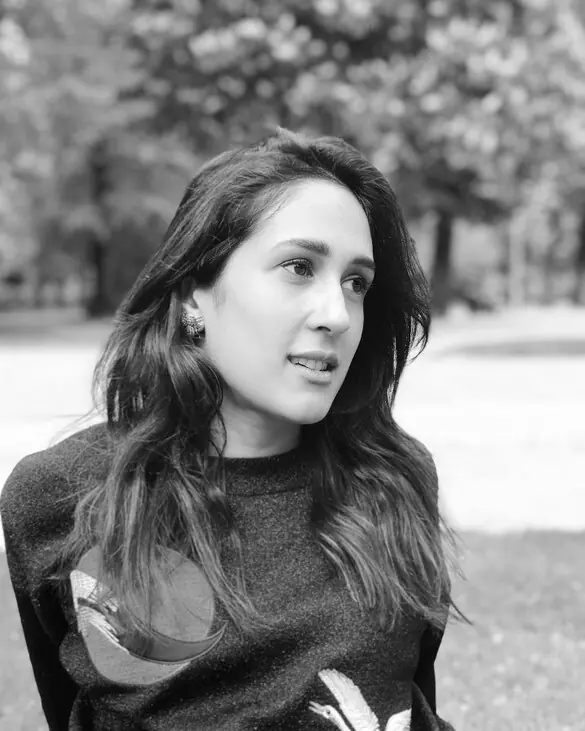
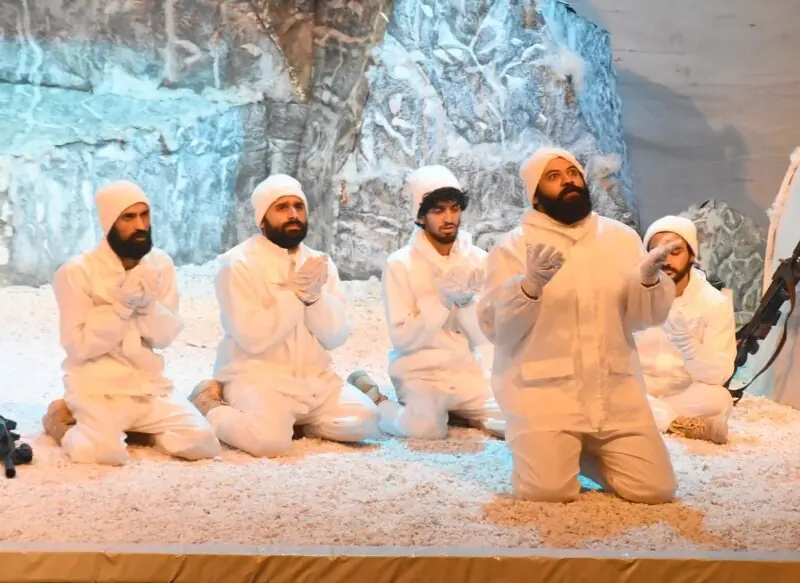
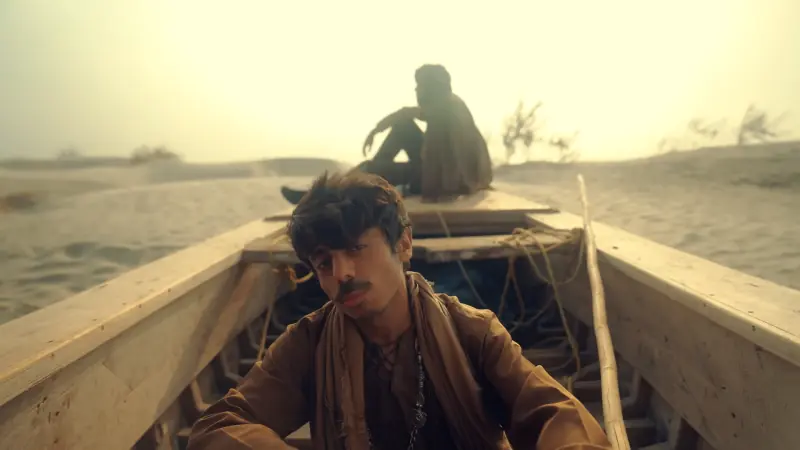
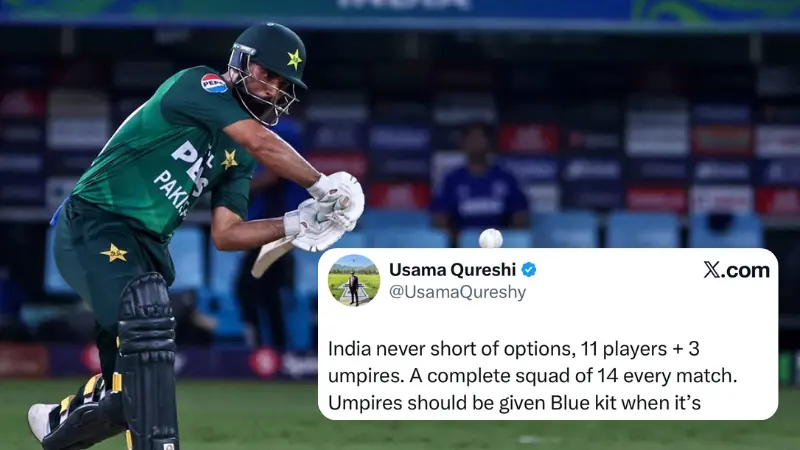
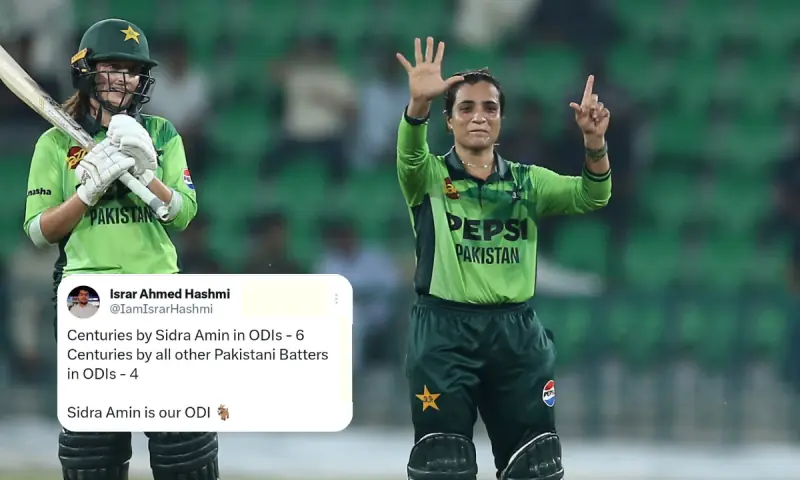
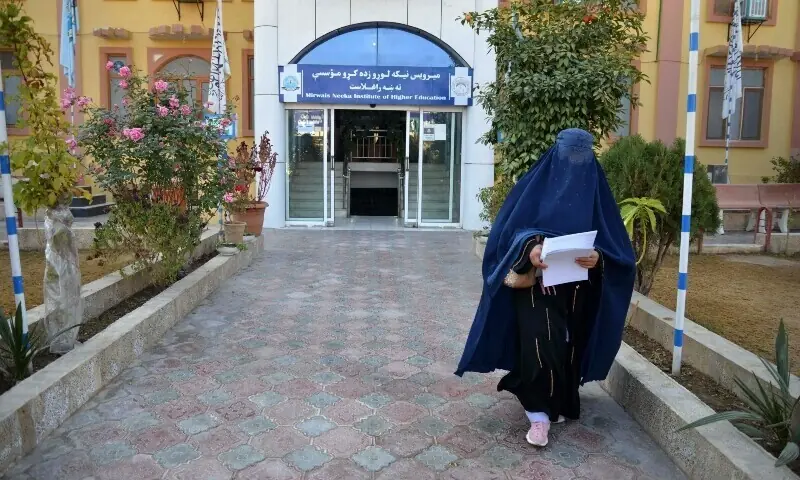

Comments